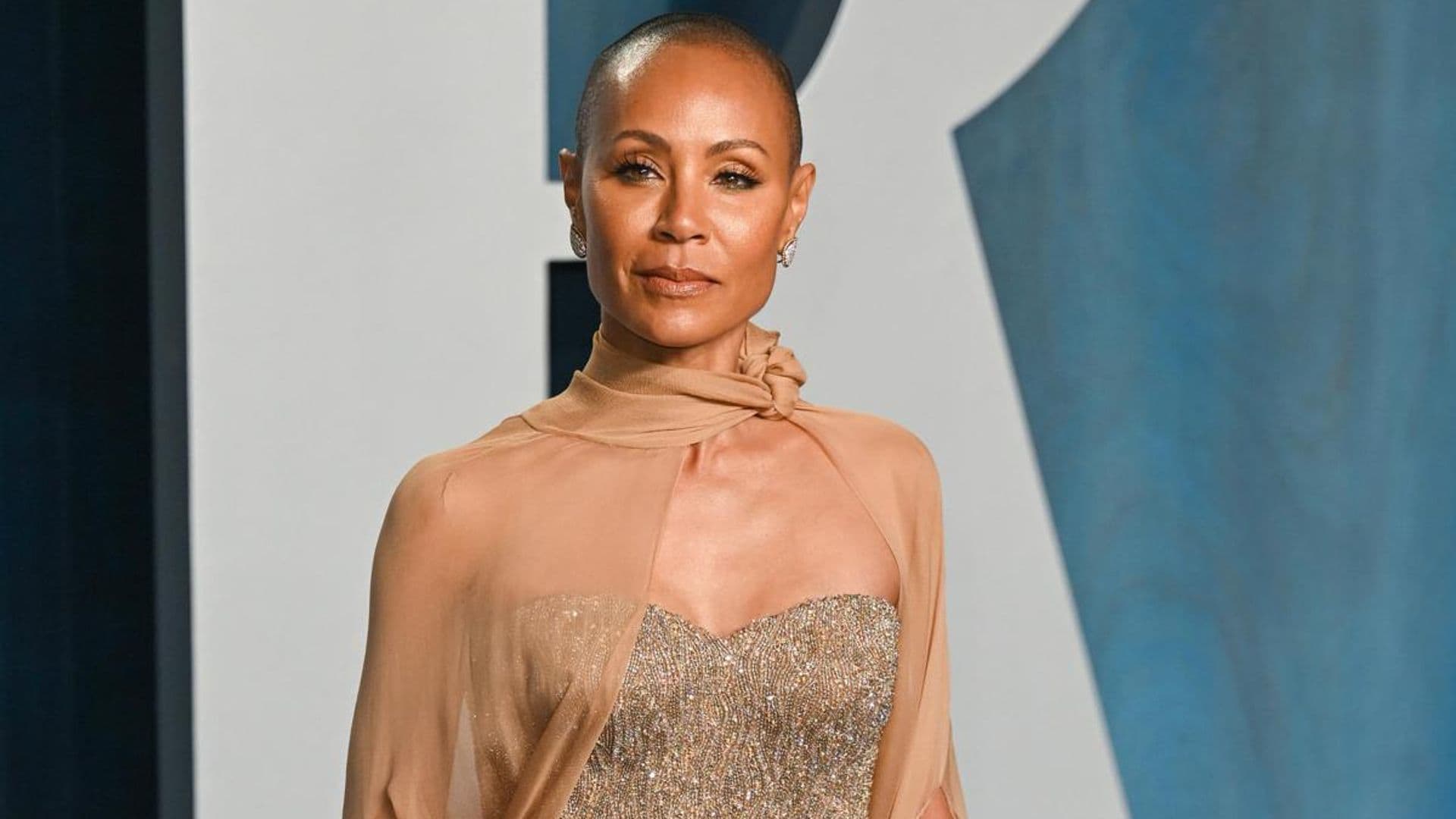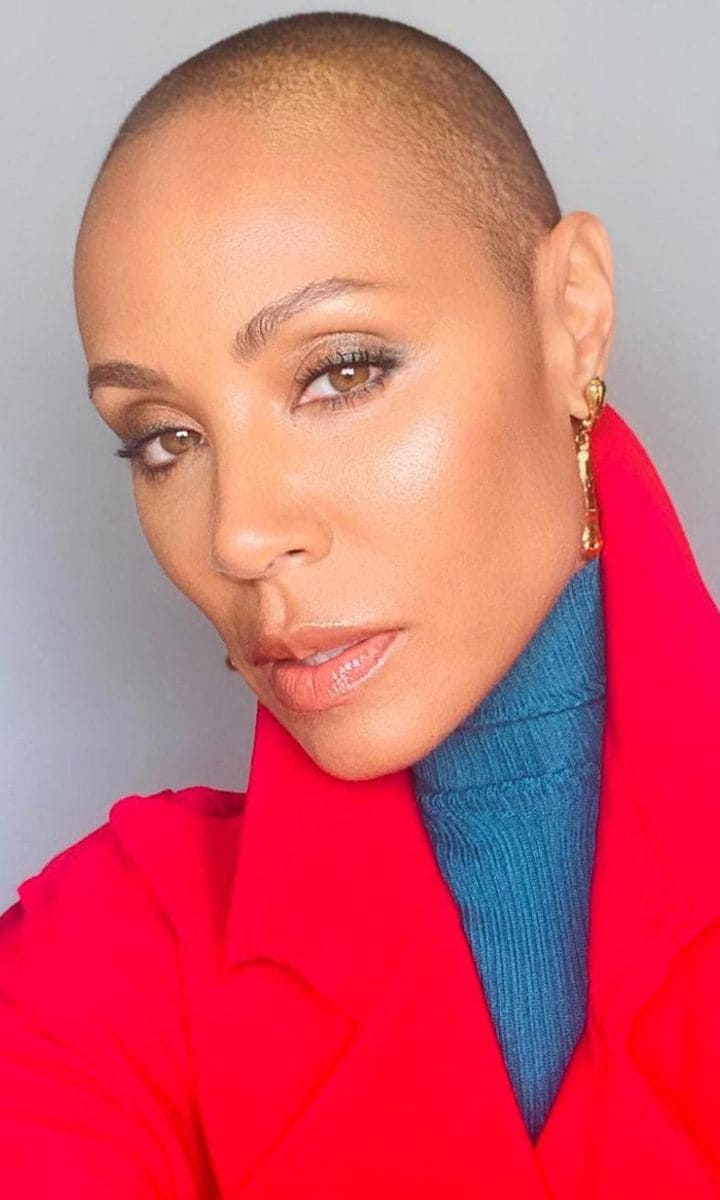In the past 24 hours, almost every headline is referencing the infamous slap actor Will Smith gave comedian Chris Rock during the 94th Academy Awards after Rock commented about Jada Pinkett-Smith’s look.
After the incident, viewers were confused and wondered if it was part of the show. People didn’t understand what made the star so upset during the fuzz. Later we learned Smith didn’t plan the assault, and his reaction was to defend the mother of his children.
“Jada, I can’t wait for GI Jane 2,” the comedian said, referring to the 1997 film GI Jane XDE, in which Demi Moore appeared with a shaved head. In 2018, Jada revealed she has a medical condition resulting in hair loss. The “joke” shared on national television and broadcasted in more than 200 countries and territories didn’t sit well with Jada, so Will Smith took the violent route.
Although the incident overshadowed several history-in-the-making moments, people started shining a light on alopecia and the more than 200,000 US cases per year.
According to Mayo Clinic, hair loss (alopecia) can affect the scalp or the entire body, and it can be temporary or permanent. The condition can also be heredity, hormonal changes, diseases, or due to aging. Anyone can lose hair, but experts say it is more common in men.
The medical organization indicates that people usually lose 50 to 100 strands of hair a day. Typically, this is not noticeable because new hair grows simultaneously. Hair loss occurs when new hair doesn’t replace the hair that has fallen out.
During a conversation on her show, Red Table Talk, Jada openly spoke about the “terrifying” moment she noticed she was losing “handfuls of hair.”
“It was one of those times in my life where I was literally shaking with fear,” she said. “That’s why I cut my hair and continued to cut it.” Over the years, Jada has learned to cope with this condition, and on her social networks, she often talks openly about it. The actress also addressed cancer and brain surgery rumors.
In 2021 Jada revealed her shaved head alongside a picture of her and her daughter, Willow Smith. “Willow made me do it because it was time to let go,” she wrote. “BUT ... my 50’s are bout to be divinely lit with this shed (shaved head).”
In December of the same year, she again took to social media to talk about her “struggle,” adding that “me and this alopecia are going to be friends ... period!”
“Mama’s gonna have to take it down to the scalp, so nobody thinks she got brain surgery or something,” she wrote in the post.
Board-certified dermatologist and founder of Pure Dermatology Cosmetic & Hair Center, Dr. Neda Mehr, is a sufferer herself and has been educating her patients and followers on alopecia for years. HOLA! USA had the opportunity to get more insight into the condition.
“There are scarring and non-scarring forms of alopecia. Treating ‘scarring alopecia’ is to prevent further progression,” said Dr. Mehr. “Whereas the treatment for ‘non-scarring alopecia,’ such as alopecia areata, an autoimmune form, and androgenetic alopecia, which is the genetic form due to genetics and hormones, is actually to reverse hair loss and bring it back.”
The expert reveals a few things people can do when it comes to treatment options. “Typically with scarring alopecia, we do treatments such as intralesional steroid therapy, but recent studies have shown that non-steroids, such as PRP, can be quite effective in sustaining scarring alopecia,” she says.
“There are also oral forms of treatments, such as Doxycycline or Spironolactone, that can help some forms of scarring alopecia. In terms of non-scarring alopecia, there are various treatment options, including topicals, injections, hydrogel reverberations (which exploit the scalp), and oral forms, such as Minoxidil. Spironolactone that can help androgenetic alopecia, or Propecia for gentlemen or postmenopausal females,” the doctor added.







